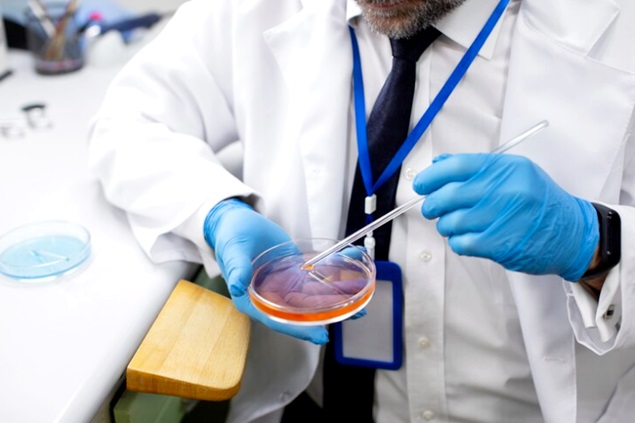1506

Vienna, Paris, and Rome, along with nine other EU countries, are set to argue that lab-grown meat poses a threat to "authentic food production methods," a claim described by a diplomatic source to Euractiv as "exaggerated and premature."
Not a Sustainable Alternative
Lab-grown meat "does not constitute a sustainable alternative to primary farm production" and raises ethical, economic, social, and public health questions that "are essential for future society," a note to the Council of Ministers, to be discussed at the next EU agriculture ministers' meeting on Tuesday (January 23), asserts.
"These practices represent a threat to farm-based primary approaches and to authentic food production methods, which are at the core of the European agricultural model," the document states.
While its title is "The Role of the CAP in Protecting Primary and High-Quality Food Production from Farms," its main target is "cell-based food production practices."
The note is drafted by the delegations of Austria, France, and Italy and supported by those from the Czech Republic, Cyprus, Greece, Hungary, Luxembourg, Lithuania, Malta, Romania, and Slovakia.
The stance of the 12 countries could open up a rift in the Council.
"Identifying lab-grown meat as a threat seems highly exaggerated and premature," a diplomat told Euractiv.
"It's a sector that doesn't yet exist; at this point, it's about lab innovation. Suppressing this now only hinders the type of innovation that is precisely necessary for sustainability," they continued.
Currently, there is no commercially available cell-based meat in Europe, and authorization could only come after evaluation by the European Food Safety Authority (EFSA), under the provisions of the so-called Novel Food Regulation.
For now, the twelve countries are not calling for rule changes but are urging "consideration of these questions and the outcomes of discussions to be held with member states and European civil society before making any market authorization decisions."
So far, Italy has been the most vocal opponent of lab-grown meat, proposing and passing a national ban on the sale of cellular agriculture products. The measure is currently under EU scrutiny for a possible breach of single market rules.
The Netherlands has been at the forefront of cellular meat production, relying on the research of Maastricht University professor Mark Post, who in 2013 presented the first lab-grown hamburger to the public.





